Shift in Zakat Practice in Indonesia, The: From Piety to an Islamic Socio-Political-Economic System
by Silkworm BooksZakat, one of Islam’s Five Pillars, is the practice of giving a fixed proportion of one’s financial assets to those in need, thereby purifying both one’s soul and one’s remaining wealth. In Indonesia, since the coming of Islam, zakat has been a means of worship, and its collection has been voluntary and decentralized. Arskal Salim argues that in the post-New Order regime zakat practice changed structurally and institutionally through the enactment of a law on zakat management, followed by the establishment of a national zakat agency. A cultural shift is now in progress with two possible outcomes: either zakat collection will become compulsory and centralized or it will become such an intricate part of taxation law that it loses its spiritual relevance.
About the Author
is Senior Lecturer at the Faculty of Syariah and Law, Syarif Hidayatullah State Islamic University (UIN), Jakarta. He was awarded a postdoctoral research fellowship at the Max Planck Institute for Social Anthropology, Halle, Germany, after completing his Ph.D. at the University of Melbourne in 2006. Dr. Salim’s research interests include the role of shariah in politics, Islamic identity among Muslims in Aceh, and the history of Islamic law in Indonesia.
The Islam in Southeast Asia: Views From Within series is the result of a research fellowship program offered by the Asian Muslim Action Network (AMAN) with the support of the Rockefeller Foundation. Grants are awarded to promising Muslim scholars in Southeast Asia for innovative research on economic, socio-political, and cultural changes taking place in their diverse communities. Written from an insider’s perspective, the publications promote a wider understanding of the role of Islam in Southeast Asia.

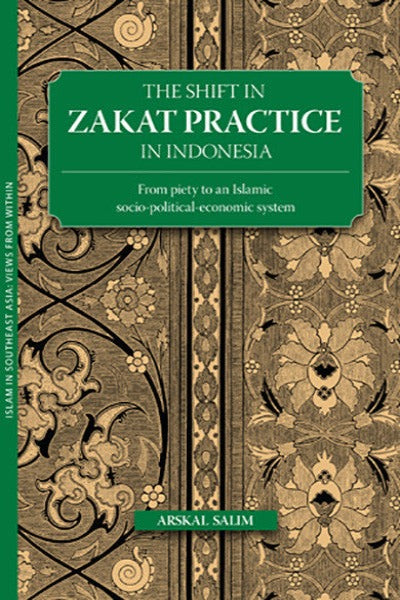
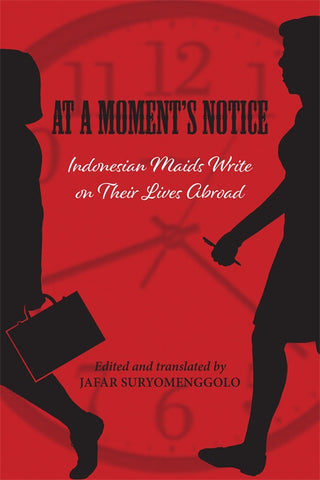
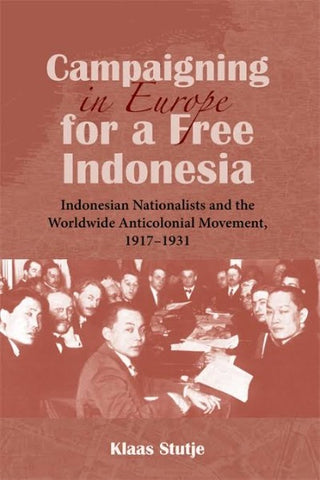
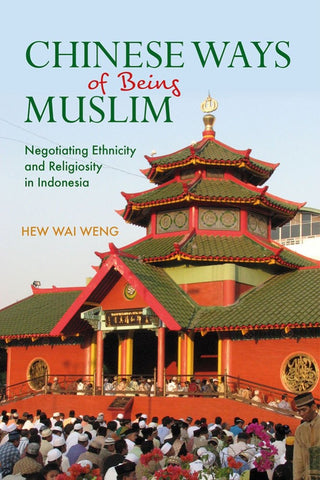
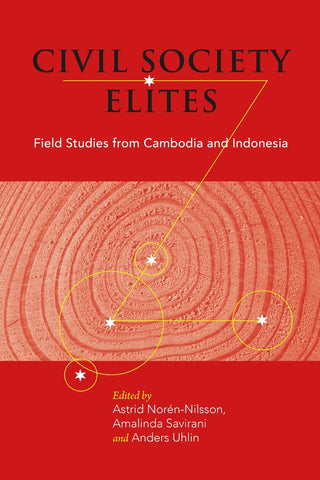
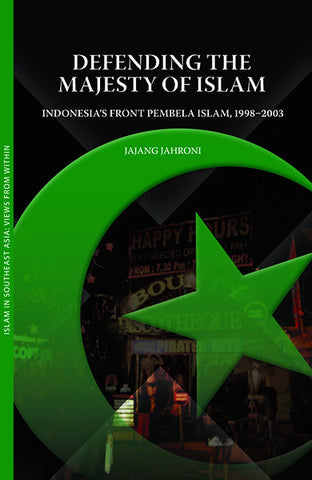
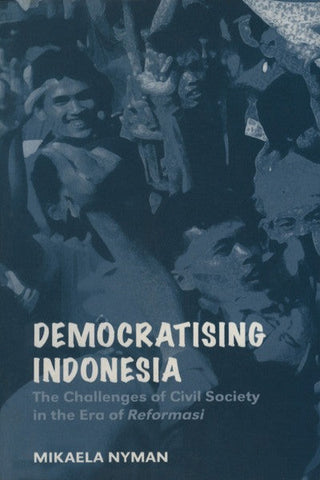
Share this item: